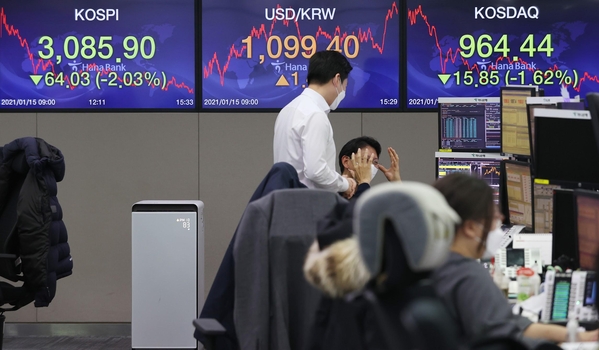Input 2021.01.17 15:24
According to the financial sector on the 17th, Dr. Eun-ah Lim and Professor Jeon Sang-kyung of Business School of Hanyang University published a thesis titled “Investment Performance of Short Selling and Credit Transactions” in Volume 37, No. 4 of “Financial Management Research” published by the Korean Financial Management Association last month.

However, when the investment proceeds from short selling and credit transactions were estimated based on the average price and holding period, the proceeds from short selling were approximately 9175 billion won and the proceeds from credit transactions were 23.360 billion won. Short sale transactions are about half of the amount of credit transactions, but the daily average profit was about 1.25 billion won, which is 39 times more than the daily average credit transaction profit (about 31.82 million won).
By dividing the target period into sideways (June-December 2016), rising period (January 2017-January 2018) and falling period (February 2018-June 2019) according to the stock index flow, short-selling investors Was found to have realized profits over the entire period. On the other hand, credit traders made profits during the up and down periods and lost in the sideways. However, this is the result of the total summation, and investment performance varies from investor to investor.
“Investment performance can be interpreted as being due to the characteristics of each type of investor,” said the research team. “In the case of short selling transactions, institutional and foreign investors are high. In terms of cost advantage, selection of stocks, and information, individual investors You can see the advantage over it.”
The researchers also confirmed that the higher the proportion of short selling transactions, the higher the profitability of short selling investments. The more short-selling stocks are, the more the stock price actually fell. On the other hand, the proportion of credit transactions and proceeds from credit transactions moved oppositely.
Researchers analyzed that “In the case of short selling transactions, the information power of investors is reflected, while credit transactions are not”. “However, in the period of stock price decline, some of the information power of credit traders is also expressed.”
